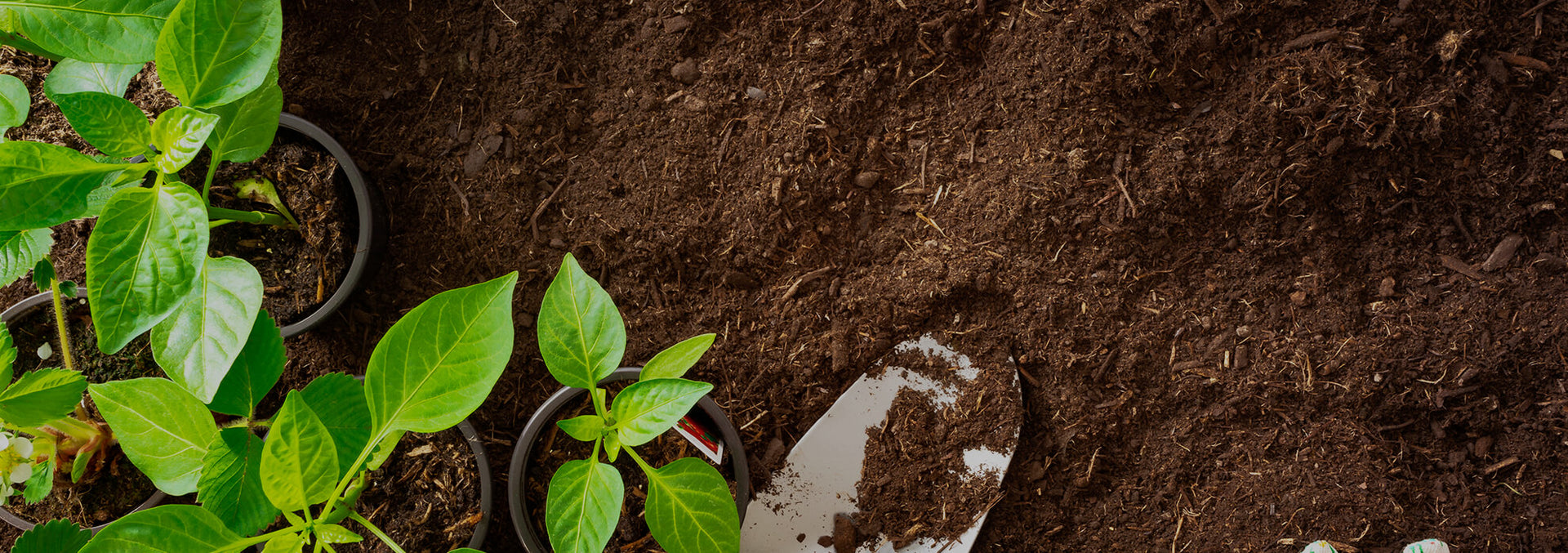According to John: What about our Water Footprint?
Discussions about our Carbon Footprint are all around us. A Carbon Footprint is the total set of Green House Gas (GHG) emissions caused directly and indirectly by an individual, organization, event or product. It is important because it is the greenhouse gas emissions that are causing climate change. The whole reason for the Carbon Footprint is to foster documentation and innovation to reduce green house gas emissions. Equally important and related -but much less discussed- are Water Footprints.
A report by the World Economic Forum says that lack of water, will “soon tear into various parts of the global economic system and start to emerge as a headline geopolitical issue.” The Earth has a finite stock of fresh water. There is precisely the same amount of it on the planet as there was in the age of the dinosaurs, and the world population of more than 6.7 billion has to share the same quantity as the 300 million global inhabitants of Roman times. Water use has been growing far faster than the number of people. During the 20th century, the world population increased fourfold, but the amount of freshwater that it used increased by nine times. Some 60% of China’s 669 cities are already short of water and the huge Yellow River is now left with only 10% of its natural flow. The report states that shortages are already constraining economic growth in areas as diverse as California, China, Australia and Texas. Koichiro Matsuura, the director general of Unesco and producer of the “World Water Development Report”, stated “Of all the social and natural crises we humans face, the water crises is the one that lies at the heart of our survival and that of our planet Earth.” Many U.S. cities and states have recognized the precious nature of fresh water and have begun educating consumers about landscape water conservation. Yet, in all these efforts, I have never seen soil quality addressed as a key to water conservation and water quality. Complex microbial life (bacteria, fungi, protozoa and nematodes) is necessary for soils to efficiently use water and to store nitrogen and other nutrients so that they are used by plants rather than being leached into groundwater. Nitrates from fertilizers are a major polluter of groundwater; without microbes, they quickly leach through the soil into our precious groundwater. John & Bob’s products focus on building soil with complex microbiology to conserve water and maximize water quality, without leaching harmful chemicals into our limited water supply. We believe that we can build healthy soil while using smart irrigation and other thoughtful, user-oriented design options to create beautiful outdoor environments that make our lives better and reduce our Water Footprints. Water-conserving gardens should not be drab or dreary and do not need to focus on cacti! They should be full of useful spaces and feature state-of-the-art, water conserving irrigation systems! Observe how gorgeous a water-saving garden can be:



